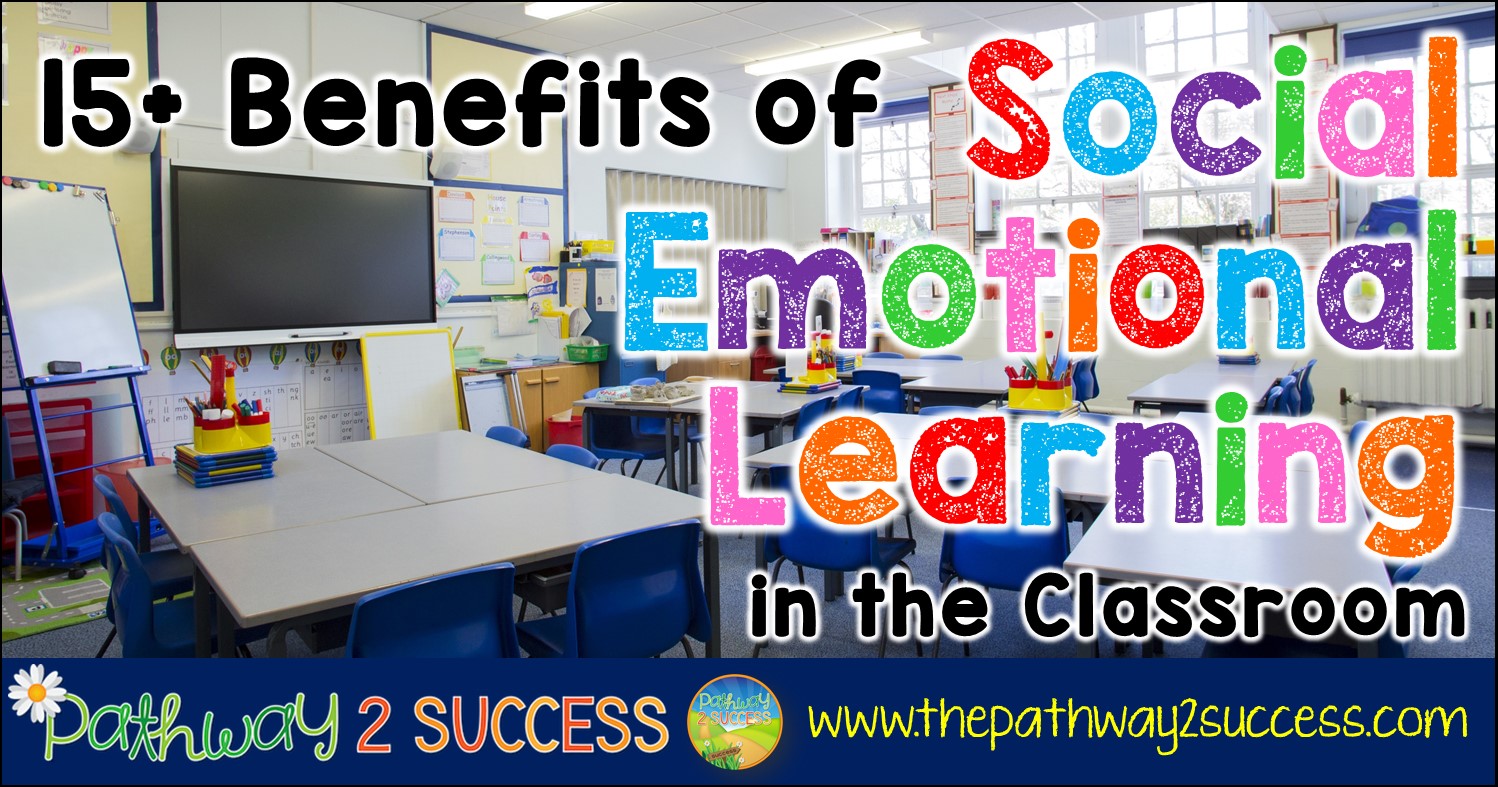Benefits of Social-Emotional Learning
Social Emotiorning (SEL) is an essential aspect of a well-rounded education. It encompasses the development of skills and competencies that help individuals understand and manage their emotions, build positive relationships, and make responsible decisions. In this article, we will explore the numerous benefits of social-emotional learning and how it can positively impact individuals of all ages.
Enhanced Emotional Intelligence
One of the key benefits of social emotiosocial-emotional development of emotional intelligence. Through SEL, individuals learn to recognize and understand their own emotions, as well as the emotions of others. This heightened emotional intelligence allows individuals to navigate challenging situations with empathy and compassion, leading to healthier relationships and improved overall well-being.
Improved Mental Health
Research has shown that social-emotional emotion has a significant impact on mental health. By equipping individuals with the necessary skills to manage stress, regulate emotions, and develop resilience, SEL helps reduce the risk of mental health issues such as anxiety and depression. Additionally, SEL fosters a sense of belonging and connectedness, which contributes to positive mental health outcomes.
Enhanced Academic Performance
Contrary to popular belief, social-emotional learning not only promotes emotional well-being but also enhances academic performance. When students feel safe, supported, and emotionally engaged in the learning environment, they are more likely to excel academically. SEL equips students with skills like self-motivation, self-discipline, and effective communication, which are crucial for success in school and beyond.
Positive Social Relationships
Another significant benefit of social emotion social-emotional development of positive social relationships. SEL provides individuals with the tools to establish and maintain healthy connections with their peers, family, and community. By fostering empathy, active listening, and conflict resolution skills, SEL contributes to the creation of a more inclusive and harmonious society.
Enhanced Life Skills
Social-emotional learning equips individuals with essential life skills that are applicable in various settings. Skills such as problem-solving, decision-making, and responsible behavior are developed through SEL. These skills are not only valuable in personal relationships but also in professional settings, enabling individuals to navigate challenges, collaborate effectively, and achieve success in their careers.
The Importance of SEL in Today’s World
In today’s fast-paced and interconnected world, the need for social emotion social-emotional becomes more critical than ever. With the rise of technology and the increasing complexity of social interactions, individuals must possess the skills to navigate challenges, build resilience, and foster positive relationships. SEL provides a foundation for personal and societal growth, contributing to a more compassionate, empathetic, and successful global community.

Social Emotional Learning offers numerous benefits that positively impact individuals’ emotional well-being, mental health, academic performance, and social relationships. By fostering emotional intelligence, enhancing life skills, and promoting positive values, SEL plays a crucial role in personal and societal development. We must recognize the importance of social-emotional learning and prioritize its integration into educational curricula and beyond.
Frequently Asked Questions
1. What is social-emotional learning (SEL)?
SEL is the process of acquiring and applying the knowledge, attitudes, and skills necessary to understand and manage emotions, set and achieve positive goals, feel and show empathy for others, establish and maintain positive relationships, and make responsible decisions.
2. Why is social-emotional learning important?
Social-emotional learning is important because it helps individuals develop essential life skills such as self-awareness, self-management, social awareness, relationship skills, and responsible decision-making. These skills contribute to academic success, positive mental health, and overall well-being.
3. How does social-emotional learning benefit students in school?
Social-emotional learning benefits students in school by improving their academic performance, reducing behavioral problems, increasing motivation to learn, enhancing problem-solving skills, fostering positive relationships with peers and teachers, and creating a positive school climate.
4. Can social emotion social-emotional role in students’ mental health?
Yes, emotional and social-emotional improves students’ mental health. By promoting self-awareness, emotional regulation, and empathy, SEL helps students develop resilience, cope with stress, and maintain positive mental well-being.
5. Are there any long-term benefits of social-emotional learning?
Absolutely! Social emotioSocial-emotional long-term benefits such as improved interpersonal relationships, increased college and career readiness, reduced involvement in risky behaviors, and greater overall life satisfaction.
6. Is social-emotional learning only for students?
No, social-emotional learning is not limited to students. It is beneficial for individuals of all ages, including adults. SEL programs for adults can enhance their emotional intelligence, improve workplace relationships, and contribute to personal and professional growth.
7. How can social emotion social-emotional integrated into the curriculum?
Social emotioSocial-emotional be integrated into the curriculum by incorporating SEL activities, lessons, and discussions into various subjects, encouraging cooperative learning and group projects, promoting a positive classroom environment, and providing opportunities for reflection and self-assessment.
8. Are there any evidence-based programs for social-emotional learning?
Yes, there are several evidence-based programs for social-emotional-emotional such as the Collaborative for Academic, Social, and Emotional Learning (CASEL) program, Second Step, PATHS (Promoting Alternative Thinking Strategies), and RULER (Recognize, Understand, Label, Express, and Regulate emotions).
9. Can social emotion be social-emotional or assessed?
Yes, social-emotional emotion social-emotional is measured and assessed using various tools and assessments, including self-report questionnaires, behavioral observations, and teacher evaluations. These assessments can provide valuable insights into students’ social and emotional competencies.
10. How can parents support social-emotional learning at home?
Parents can support social-emotional-emotional homes by modeling positive behaviors and emotional regulation, encouraging open communication, teaching problem-solving and conflict-resolution skills, fostering empathy and understanding, and creating a nurturing and supportive home environment.




